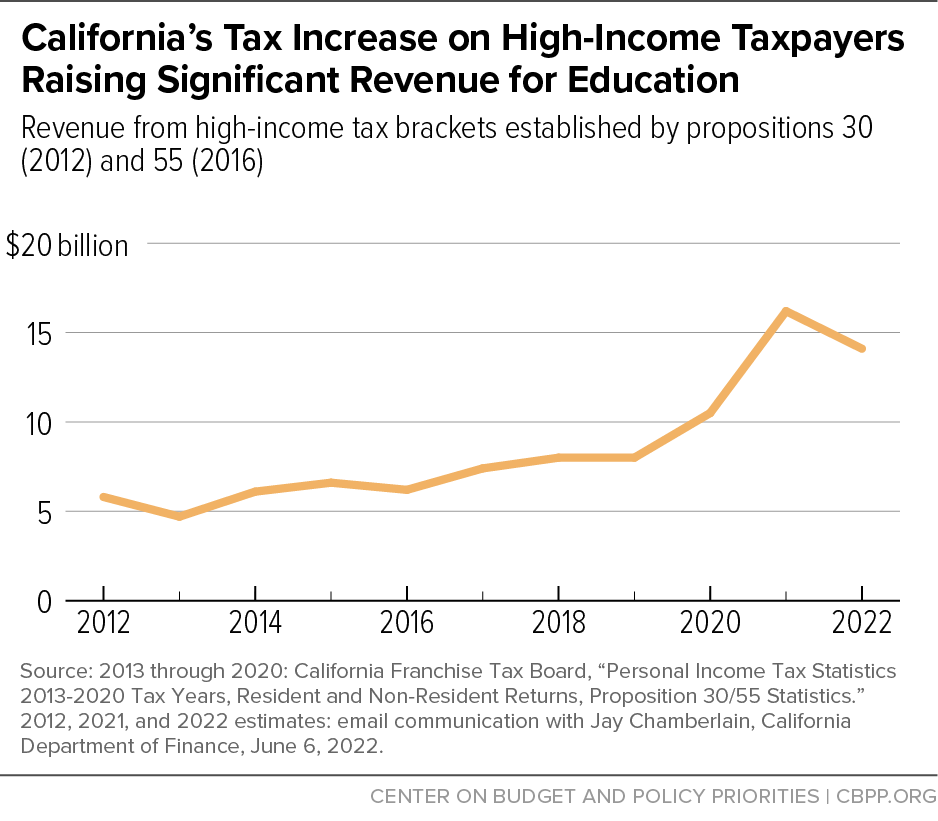Drug Pricing Reform: Republicans' Budget Bill Targets Middlemen

Table of Contents
Understanding the Role of Pharmaceutical Middlemen (PBMs)
Pharmacy Benefit Managers (PBMs) are powerful intermediaries in the pharmaceutical supply chain. They negotiate drug prices with manufacturers, manage formularies (lists of covered drugs) for insurance companies, and process prescription drug claims. While PBMs can help lower drug costs through bulk purchasing and negotiations, their practices have also drawn significant scrutiny. Their influence on prescription drug prices is substantial, and a lack of transparency often obscures their true impact.
- Negotiating Rebates and Discounts: PBMs negotiate rebates and discounts from drug manufacturers, often keeping a significant portion of these savings for themselves instead of passing them fully on to patients or insurers.
- Formulary Management: PBMs control which drugs are included in insurance formularies, influencing patient access and driving demand towards specific, often more expensive, medications.
- Limited Transparency: The lack of transparency in PBM operations makes it difficult to understand their impact on drug costs, raising concerns about potential conflicts of interest and anti-competitive practices.
- Spread Pricing: PBMs engage in spread pricing, pocketing the difference between the price they pay for a drug and the price they reimburse pharmacies. This practice significantly increases costs for patients and insurers without any demonstrable benefit.
Key Provisions of the Republican Budget Bill Addressing Drug Pricing
The Republican budget bill includes several key provisions designed to address concerns about PBM practices and lower drug prices. These reforms aim to increase transparency and promote competition within the PBM market. The specific details are still evolving, but potential measures include:
- Enhanced Transparency: The bill seeks to mandate increased transparency in PBM operations, including disclosing rebates, fees, and other financial arrangements with drug manufacturers and pharmacies. This enhanced transparency will enable better oversight and monitoring of their pricing practices.
- Spread Pricing Restrictions: The legislation aims to limit or eliminate spread pricing, ensuring that any discounts or rebates negotiated by PBMs are passed onto patients and pharmacies, directly lowering the cost of prescriptions.
- Promoting Competition: The bill may introduce measures to encourage competition among PBMs, potentially leading to better negotiated drug prices and more favorable terms for insurers and patients. Increased competition within the PBM market is expected to drive down drug costs.
- Generic and Biosimilar Access: The bill might also include provisions to improve patient access to lower-cost generic and biosimilar drugs, further reducing overall prescription drug expenses.
Potential Impact on Patients and the Healthcare System
The Republican drug pricing plan holds the potential for significant positive impacts on patients and the healthcare system. However, some potential drawbacks must be considered:
- Lower Patient Costs: The most significant potential benefit is reduced out-of-pocket costs for patients, making prescription medications more affordable and accessible.
- Increased Transparency: Greater transparency will allow for better monitoring of drug prices and PBM practices, helping to identify and address potential abuses within the system.
- Enhanced Competition: Increased competition amongst PBMs could lead to lower drug prices across the board, benefiting consumers and insurers.
- Unintended Consequences: Potential downsides include reduced pharmaceutical innovation due to lower drug manufacturer profits or decreased access to certain medications if PBMs limit formularies to favor cheaper alternatives.
Challenges and Opposition to the Republican Drug Pricing Plan
Despite the potential benefits, the Republican drug pricing plan faces considerable challenges and opposition:
- Powerful Lobbying: Pharmaceutical companies and PBMs are powerful lobbying forces, likely to vigorously oppose reforms that threaten their profitability. Their influence on lawmakers could significantly hinder the bill's passage and implementation.
- Legal Challenges: The provisions of the bill may face legal challenges from affected industries, leading to protracted court battles and delays in implementation.
- Political Hurdles: The bill's passage through Congress will require bipartisan support, which may prove difficult given the contentious nature of healthcare policy debates.
- Unforeseen Impacts: The complexity of the pharmaceutical supply chain means there's a risk of unintended consequences affecting drug development, availability, and patient access.
Conclusion
The Republican budget bill represents a significant attempt at drug pricing reform, aiming to curtail the influence of pharmaceutical middlemen and lower prescription drug costs for millions of Americans. By targeting PBM practices and promoting transparency and competition, the plan has the potential to deliver substantial savings. However, significant challenges and opposition lie ahead. The success of this drug pricing reform hinges on overcoming political hurdles, navigating legal battles, and mitigating potential unintended consequences.
Call to Action: Stay informed about the progress of this crucial drug pricing reform legislation. Understanding the role of pharmaceutical middlemen and the complexities of proposed changes is vital to advocating for affordable prescription drug prices. Get involved in supporting drug pricing reform initiatives in your community and contact your elected officials to voice your support.

Featured Posts
-
 How To Watch Texas Rangers Vs Boston Red Sox Mlb Game Online For Free
May 13, 2025
How To Watch Texas Rangers Vs Boston Red Sox Mlb Game Online For Free
May 13, 2025 -
 Ac Milan Vs Atalanta Hora Y Donde Ver El Partido De Gimenez
May 13, 2025
Ac Milan Vs Atalanta Hora Y Donde Ver El Partido De Gimenez
May 13, 2025 -
 House Budget Plan Significant Tax Increase For Harvard Yale Endowments
May 13, 2025
House Budget Plan Significant Tax Increase For Harvard Yale Endowments
May 13, 2025 -
 Kanika House The Delhi Bungalow Where B R Ambedkar Drafted Parts Of The Indian Constitution
May 13, 2025
Kanika House The Delhi Bungalow Where B R Ambedkar Drafted Parts Of The Indian Constitution
May 13, 2025 -
 1 050 Price Hike At And T Challenges Broadcoms V Mware Acquisition Plan
May 13, 2025
1 050 Price Hike At And T Challenges Broadcoms V Mware Acquisition Plan
May 13, 2025
